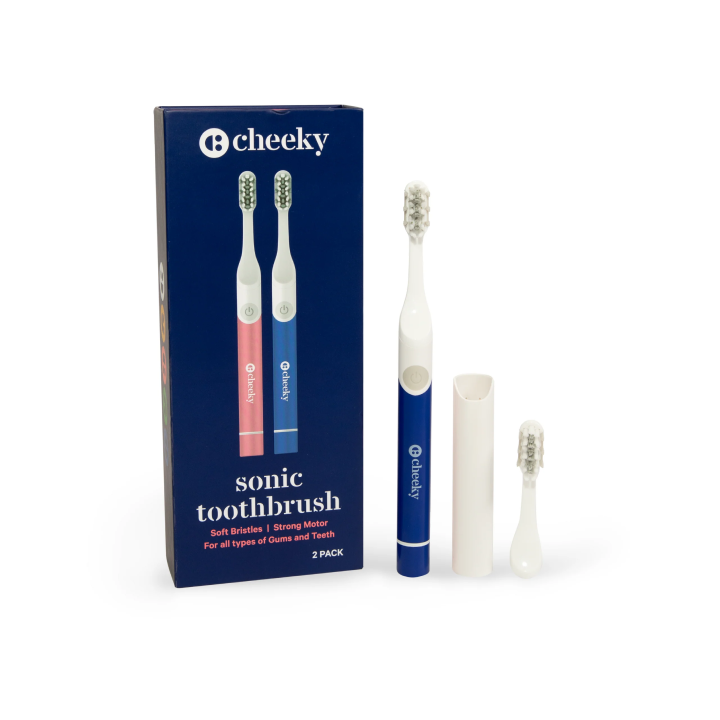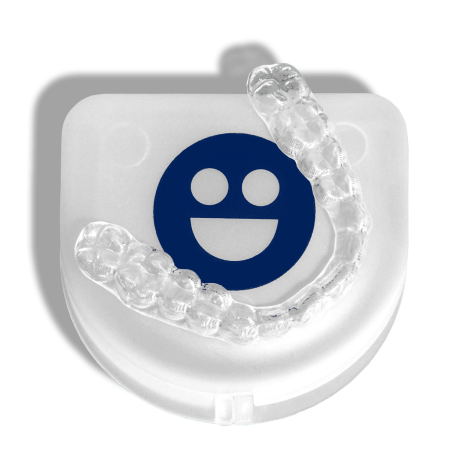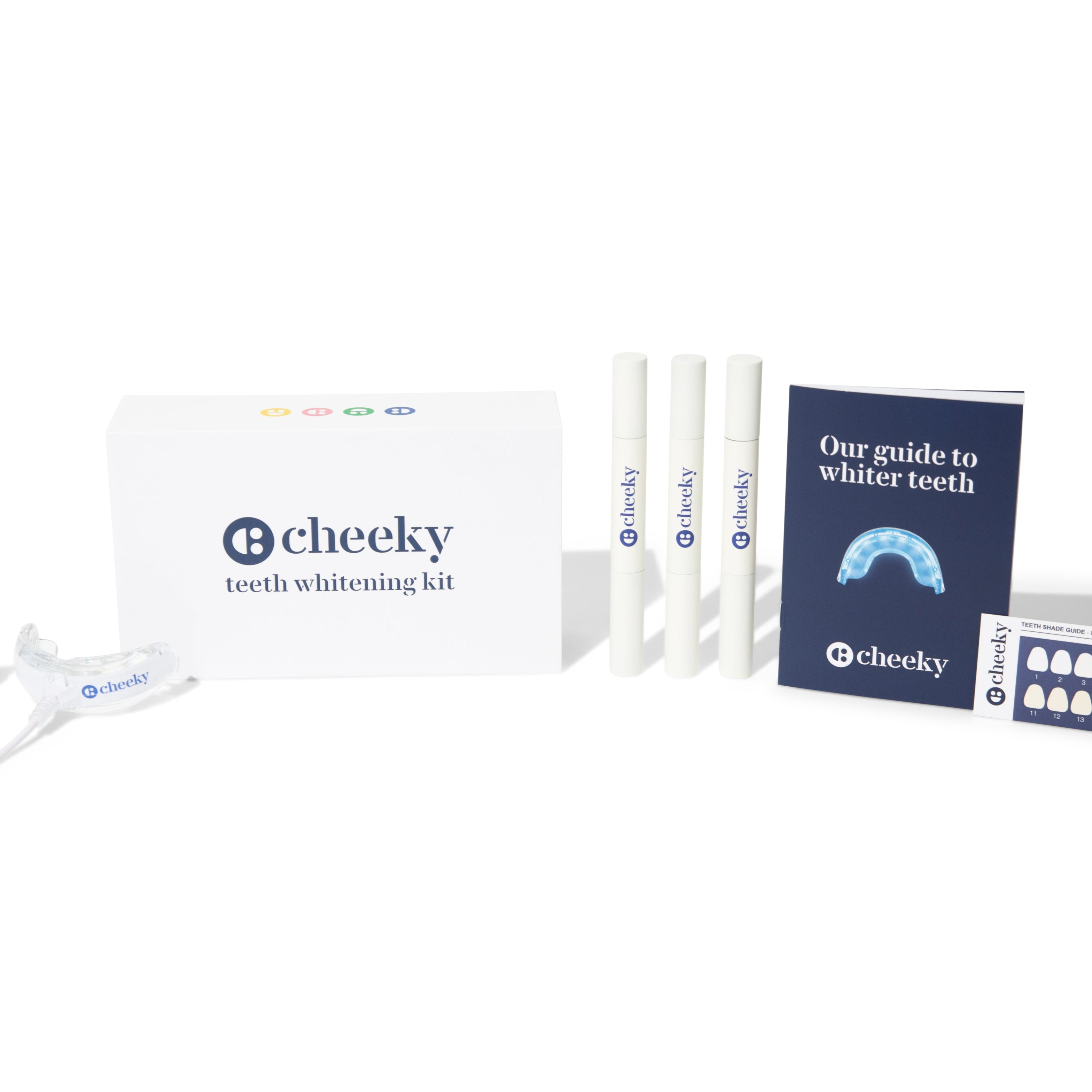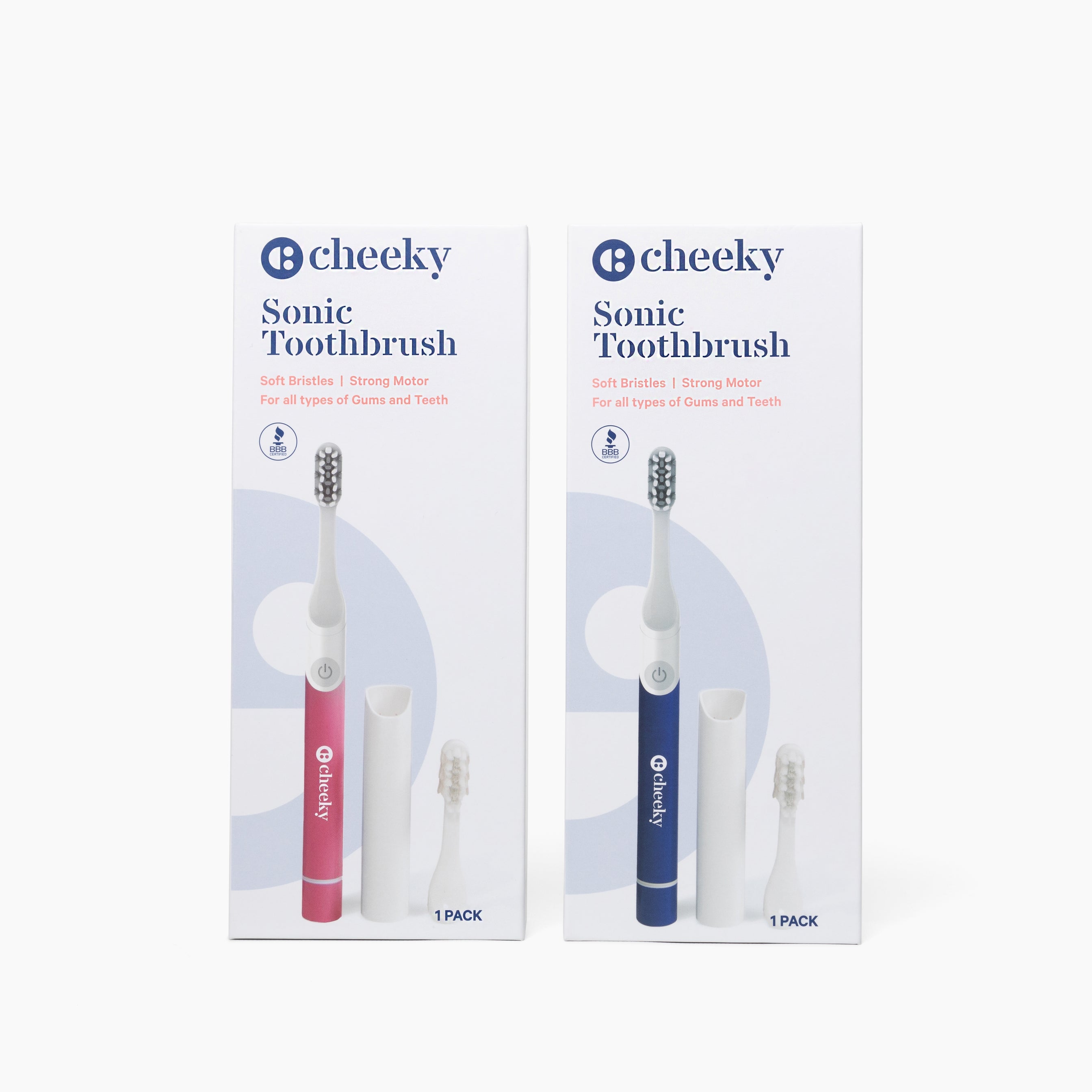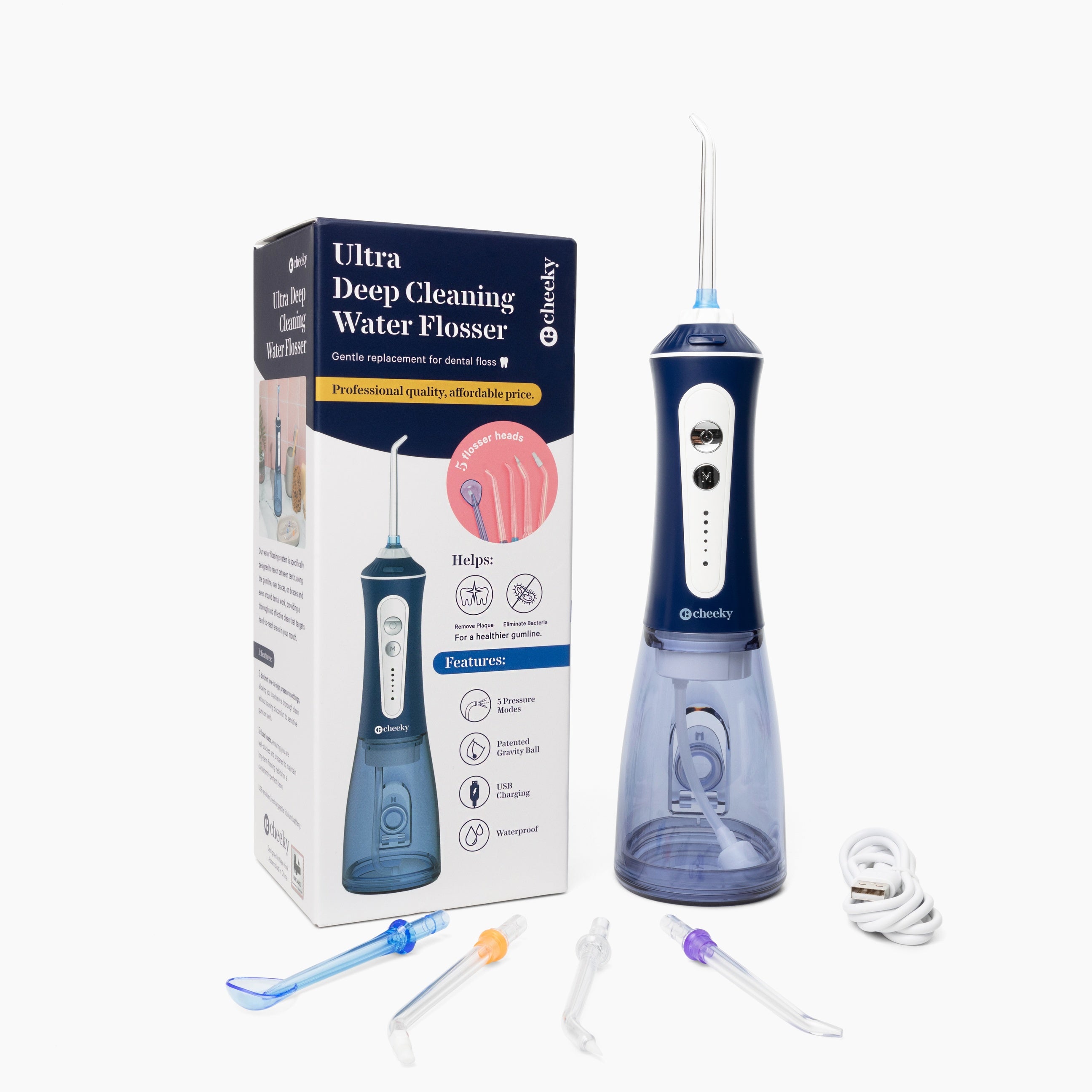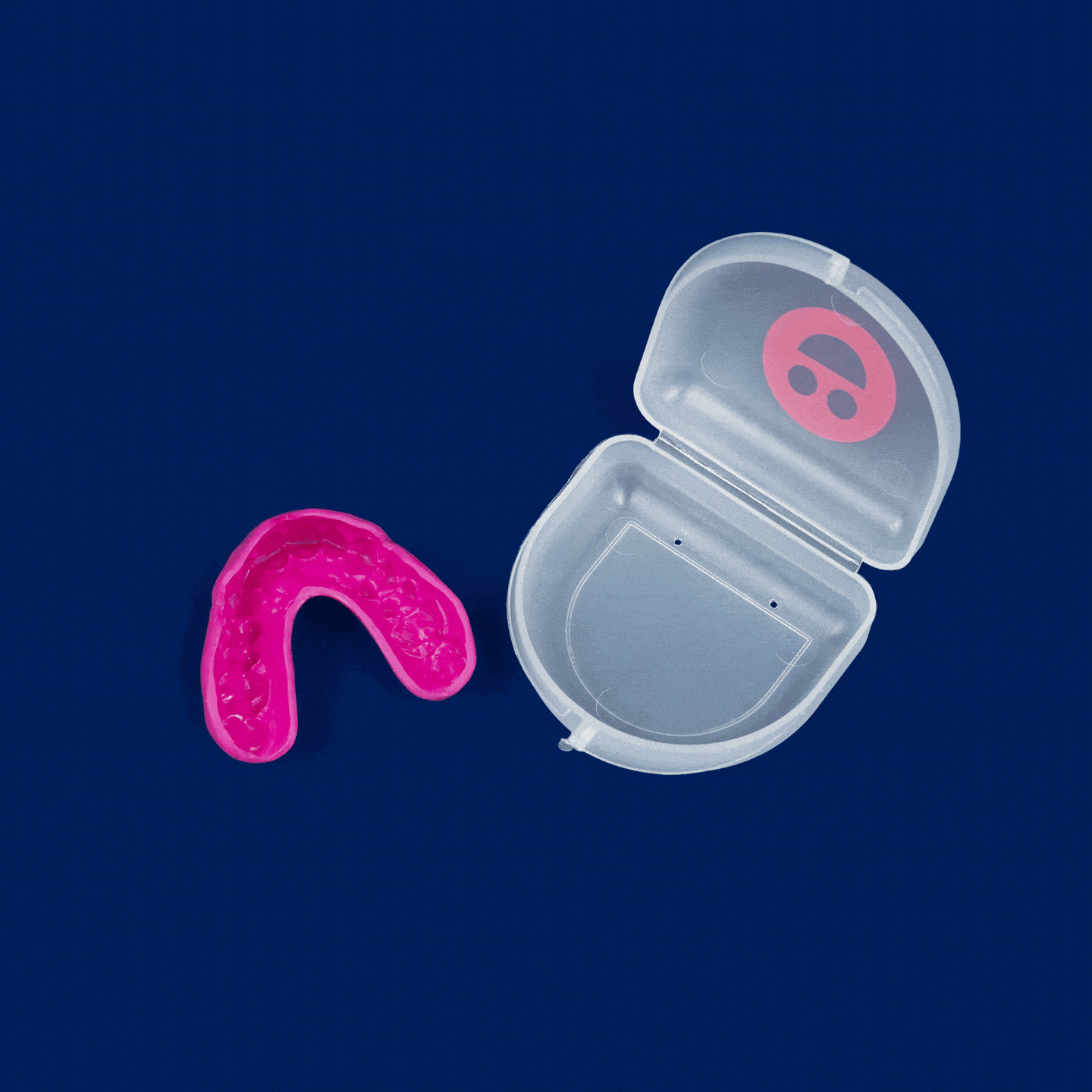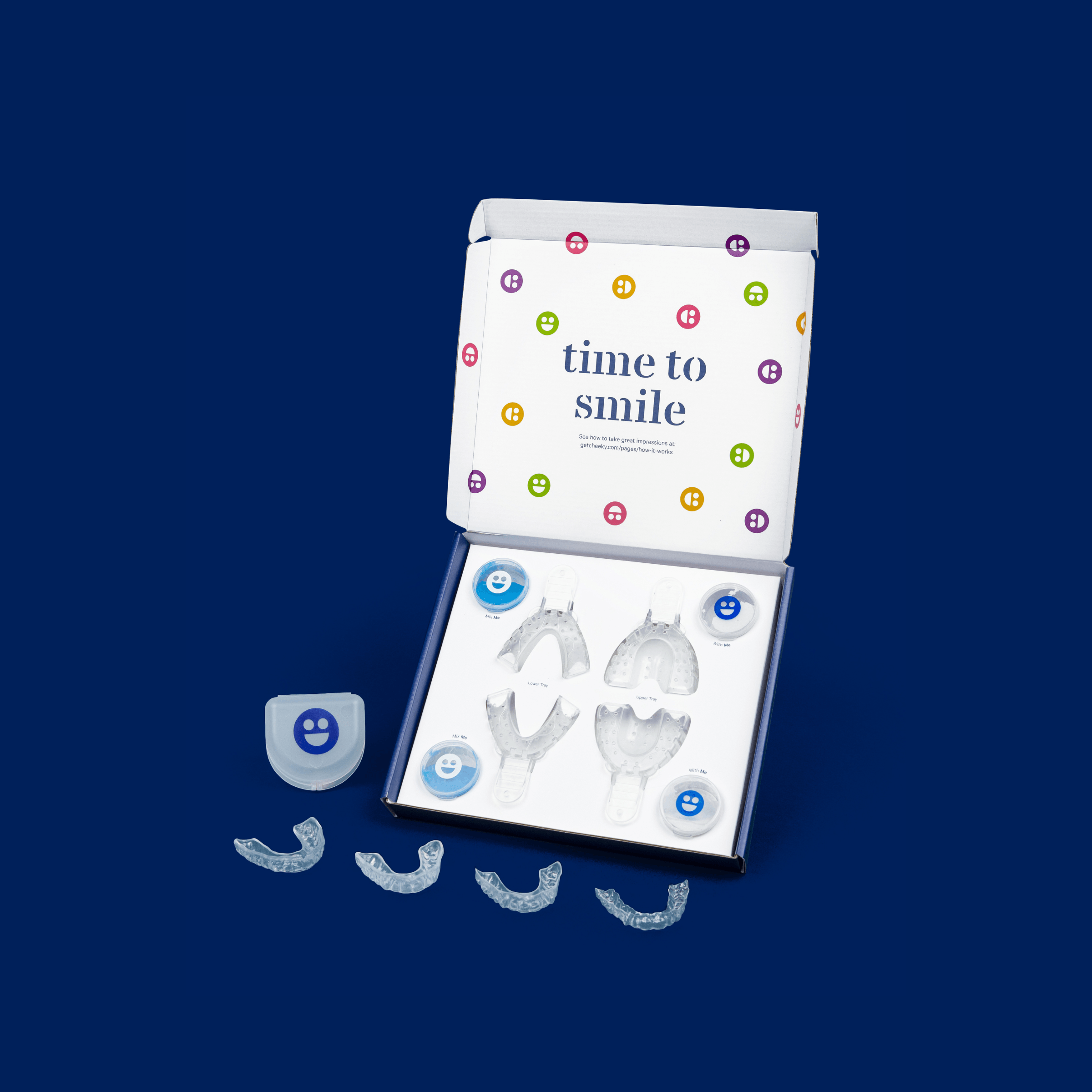How to Clean a Mouthguard: A Complete Guide for Freshness and Longevity

Mouth guards protect your teeth and gums in many situations, including high-contact sports, recovery after dental work, and teeth grinding. That's why you should prioritize personalized care to ensure your mouthguard remains clean and effective.
Cleaning your mouthguard regularly can prevent problems, such as unpleasant odors, buildup of bacteria, discoloration and staining, and even tooth decay. This guide will walk you through the best practices for cleaning your mouthguard, keeping it fresh, storing it properly, and prolonging its life.

How to Clean a Mouthguard Daily
A daily cleaning routine is important to keep your mouthguard in good condition. Cleaning your mouthguard after each use will prevent bacteria buildup, foul odor, and stains.
Steps for Daily Cleaning:
-
Rinse with Cool Water: As soon as you remove your mouthguard, rinse it with cool water. This washes away saliva, food fragments, and other particles, preventing bacteria from accumulating.
-
Gently Scrub with a Soft Bristle Toothbrush: Clean the mouthguard's surface using a soft-bristle toothbrush and mild soap, then rinse it using cold water.
-
Cool Water Only: Rinse your mouthguard with cool or mildly lukewarm water. Hot water can distort the material, destroying its fit.
Why It Matters:
Daily cleaning helps prevent calcium buildup, which can cause bad breath and other oral health issues. If you follow these cleaning steps daily, your mouthguard will continue to protect your teeth and gums from irritation and damage.

How to Deep Clean Your Mouthguard
While daily cleaning is important, deep cleaning your mouthguard weekly or monthly can ensure an even higher level of sanitation to keep it clean and in good working condition.
Deep Cleaning Methods
Baking Soda Solution
Mix water with equal parts of baking soda to form a paste. Apply the paste to your mouth guard and gently scrub it using a toothbrush. Let it sit for approximately 15-20 minutes, then rinse it thoroughly using cold water. Baking soda is effective in breaking down bacteria, removing stains, and bad odor.
Hydrogen Peroxide Soak
Mix a solution of hydrogen peroxide and water in a 50/50 proportion. Soak the mouth guard for 15-30 minutes, then rinse it thoroughly with water. Hydrogen peroxide is a safe disinfectant that will not harm the material.
Denture Cleaner
Over-the-counter denture cleansers work well for deep cleaning. These cleaning agents have antimicrobial properties that destroy bacteria. Follow the instructions on the packaging for optimal results.
Why Deep Cleaning Is Important
Deep cleaning your mouth guard at least once a week removes deeper bacteria buildup, stains, and foul odors. This promotes better oral health and can extend the life of the mouthguard, maintaining its effectiveness and hygiene.

How to Prevent Stains and Bad Odors on Your Mouthguard
When you don’t store and clean your mouthguard properly, it can quickly develop stains and bad odors. Prevention is better than waiting to deal with the buildup that can damage your mouth guard completely.
Common Causes of Stains and Bad Breath:
-
Bacterial Growth: Bacteria often grow in the wet environment of the mouthguard if you don’t clean it regularly.
-
Food Particles: Tiny food particles can lodge in your mouth guard, resulting in stains and unpleasant odors.
-
Calcium Deposits: The mineral content in the saliva can precipitate on your mouth guard and form a chalky deposit emitting unpleasant odors.
Tips for Prevention
-
Clean Your Storage Case Regularly: Regularly wash your storage case with mild soap to avoid cross-contamination and bacterial buildup. Cleaning supplies, such as an antibacterial hand soap and water, can help remove the mineral deposits and bacteria.
-
Use a Separate Toothbrush: Gently brush your mouth guard using a separate toothbrush. This prevents cross-contamination from toothpaste and bacteria from the mouth.
-
Avoid Chewing on Your Mouth Guard: Don’t chew on the guard, as food particles can get trapped, leaving stains and bad odors.

Mistakes to Avoid When Cleaning Your Mouthguard
Some cleaning habits can end up damaging your mouthguard. Here are some common mistakes to avoid:
-
Hot Water: Never soak the mouth guard in hot water, as it will warp the material. Always clean it using cool water.
-
Harsh Chemicals: Don’t use strong disinfectants or bleach, such as sodium hypochlorite, to clean your mouthguard. These can weaken the material and its protective ability. Use mild soap or over-the-counter (OTC) denture cleaner for better results.
-
Abrasive Toothpastes: Avoid using abrasive toothpastes, as they will scratch the surface of your mouthguard and wear it out. Instead, use non-abrasive toothpaste or mild cleaning agents.
Personalized care will keep your mouth guard in good condition to safeguard your teeth effectively. Don’t use any of these products as they shorten your mouthguard's lifespan significantly.
How Often Should You Clean Your Mouthguard?
Clean your mouthguard daily and do a deep clean once a week to keep it fresh.
-
Daily Cleaning Routine: Brush and rinse your mouthguard daily after you’ve used it to prevent food particles and bacteria from building up.
-
Weekly Deep Cleaning: Deep clean once a week to keep your mouth guard fresh and maintain your oral health.
-
Long-Term Care: Over time, your mouth guard will start to wear out, crack, or smell badly. If you experience any issues, then it is time to change your mouth guard. Get yourself a fresh one from Cheeky’s custom-fit mouth guards.

Storing Your Mouthguard Properly
Storage is just as important as cleaning. Poor storage can warp or infect your mouthguard with bacteria, reducing its performance.
Proper Storage Techniques:
-
Store in a Ventilated Case: Keep your mouth guard in a clean, ventilated case. The holes will allow air flow so the guard dries fully and stays that way between uses. Ventilation holes in the case allow airflow that helps your guard to air dry completely, preventing moisture that often leads to bad odors.
-
Dry Thoroughly: Air dry your mouth guard before storing it. Bacteria and bad odors can build up on a moist mouth guard.
-
Avoid Sunlight: Store your mouth guard in a cool, dry place, away from direct sunlight. Heat can distort the material, affecting its fit.

How to Clean Different Types of Mouthguards
You can clean different types of mouth guards, such as night guards or sports guards, according to their material. Depending on their form, cleaning methods are similar but with slight differences based on material and use.
Soft Mouth Guards
Gently wash soft mouth guards to avoid breaking the flexible material. Clean with mild soap and cold water if you’re wearing them every day or night. An example of a soft mouthguard is the Cheeky retainer, which will keep your teeth straight after braces.
Hard Mouth Guards
Hard mouth guards, such as those used for teeth grinding and high-contact sports, require deeper cleaning. Sanitize and clean out buildup with hydrogen peroxide or denture cleaner.
A typical example of hard mouthguards is Cheeky's custom-fit sport guard, designed to protect your teeth while giving you comfort and durability.
Night Guards
Since night guards are worn for longer hours, they need to be cleaned well. Clean daily as recommended above, and complete a deep cleaning weekly to keep bacterial growth and bad breath at bay.
If you clean it properly, a custom night guard from Cheeky can stop teeth grinding without the dentist's bill. They protect against chipped teeth and gum recession.
Maintaining Your Mouthguard for Long-Term Use
Taking proper care of your mouth guard will help it last longer, but eventually, you may need to replace it. Here’s what to keep in mind:
When to Replace:
-
Signs of Wear: If your mouth guard is cracked, stained, or has foul odors despite regular cleaning, it's time to find a new one.
-
Regular Use: Your mouth guard will wear out with regular use. If it no longer fits or shows damage, replace it to keep your teeth protected.
Frequently Asked Questions
What is the Best Way to Clean a Mouthguard?
The best way to clean your mouthguard is by rinsing it with cool water immediately after use to remove any debris and saliva. Then gently brush the surface using a soft toothbrush and soap and water or nonabrasive toothpaste. Never use hot water since it can warp the material.
After cleaning, air-dry your mouthguard and store it in a clean, well-ventilated storage case to prevent cross-contamination. Use water and baking soda or a denture cleaner at least once a week for deeper cleaning.
Can I Clean My Night Guard with Vinegar and Baking Soda?
Use baking soda to clean your night guard, but not vinegar. This is because it can be too harsh and may damage the material over time. Water and baking soda are a gentle combination that will remove stains and odor without weakening the guard. Use diluted hydrogen peroxide or denture cleaners for extra deep cleaning of dental mouthguards.
Why Do Night Guards Turn Yellow?
Night guards can discolor over time as food residue, saliva, and bacteria build up. Warmth and moisture in the mouth create a breeding ground for bacteria, which can lead to discoloration when mixed with saliva and food particles.
Final Thoughts
When you use the right cleaning method and adhere to a routine for daily cleaning, weekly deep cleaning, and storage, your mouth guard will remain fresh, clean, and functional for years to come.
At Cheeky, we provide custom-fit mouth guards to protect your teeth from grinding, jaw pain, and other oral issues. With proper care, your mouthguard will continue to protect your teeth while keeping your mouth healthy. Wash it, sanitize it, store it properly, and enjoy the benefits of a well-maintained mouth guard.


